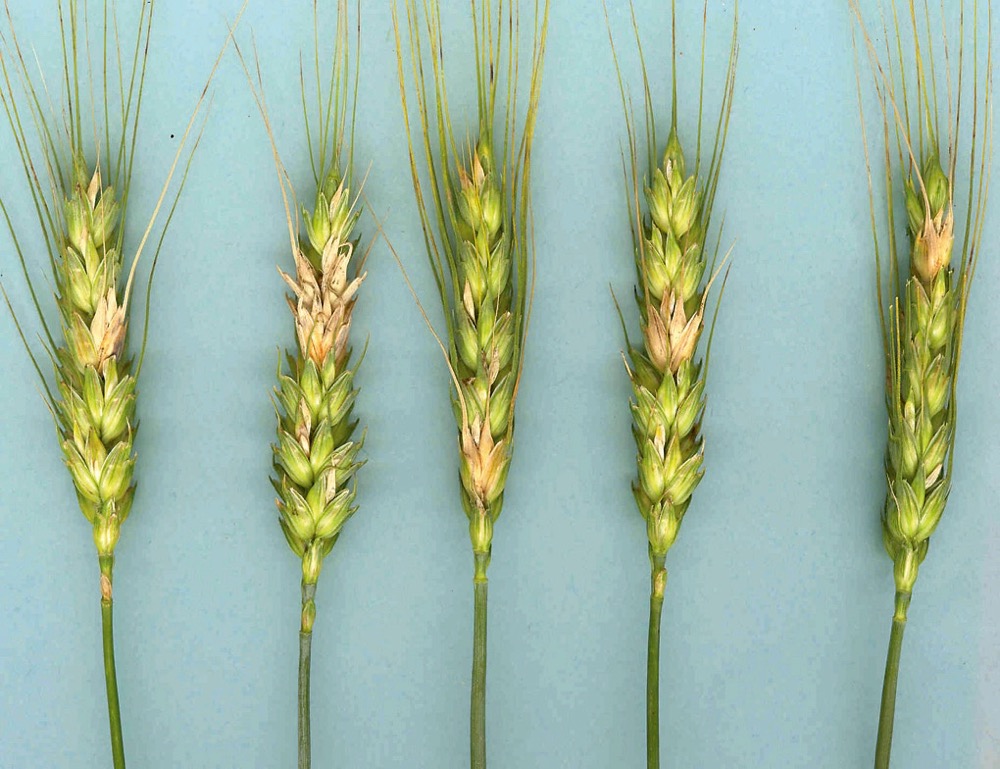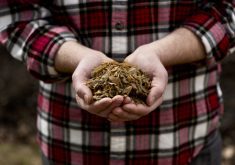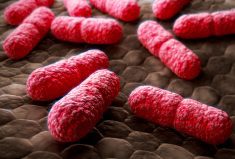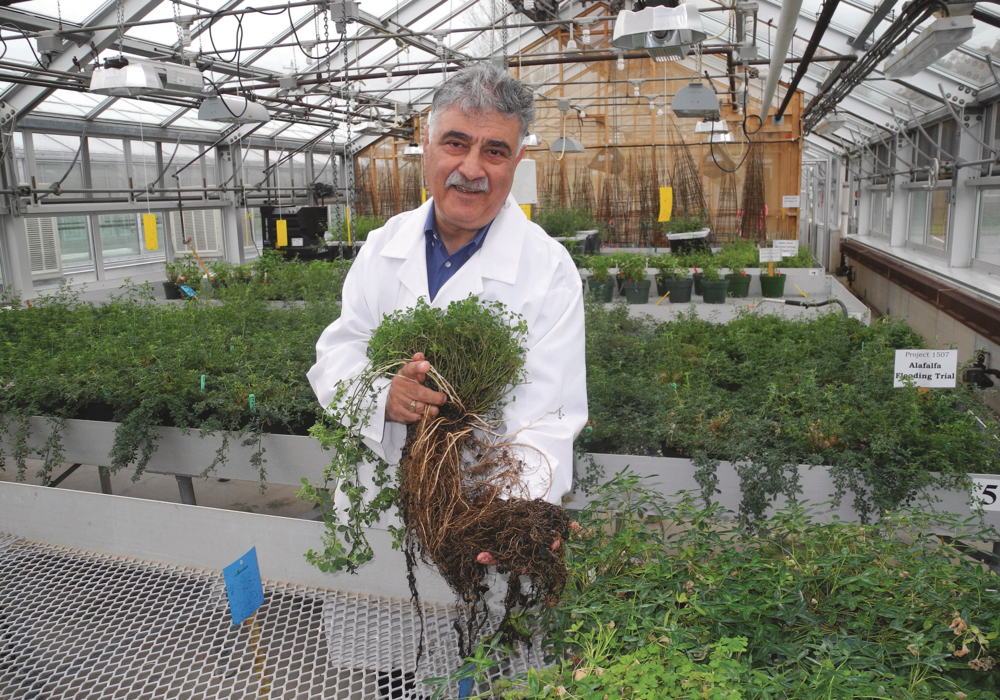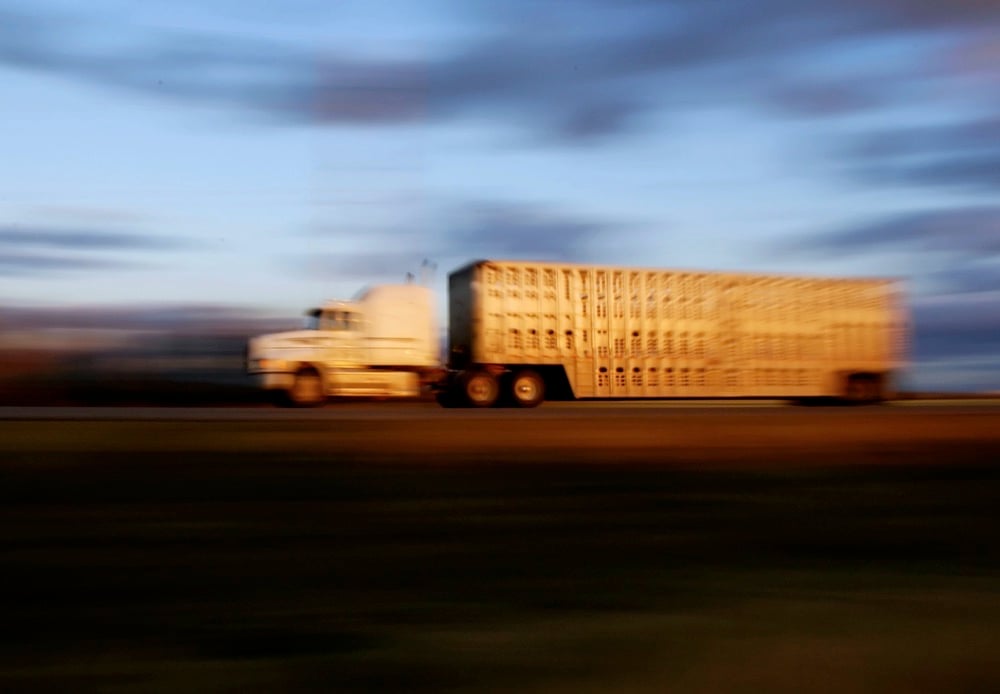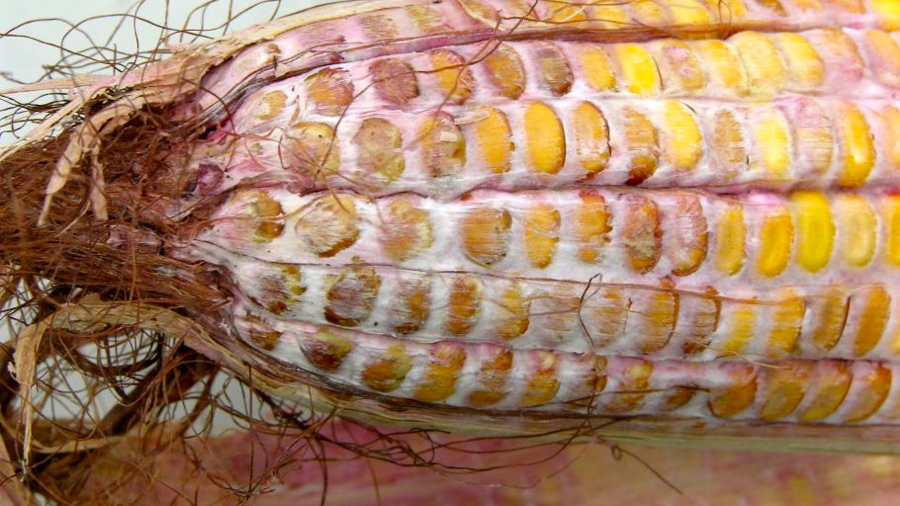Researchers have discovered bacteria that convert grain vomitoxins to a non-toxic form.
Vomitoxins such as deoxynivalenol (DON) are produced by fungi that infect cereal species. Grain contaminated with DON can’t be consumed by people, and can only be safely fed to livestock if levels are low. DON is also resistant to heat treatment and regular processing methods, making it difficult to deal with.
“Vomitoxin, or DON, has been a serious issue for corn and other cereal crops for a long time,” says Agriculture and Agri-Food Canada (AAFC) scientist Dr. Ting Zhou in a release. “With no satisfactory solutions, we decided to try a new and creative approach.”
Read Also

Rye silage: From the field to feedlot
Acres seeded to hybrid rye as a source of silage for feedlot cattle in Canada and the U.S. have increased…
AAFC researchers found a new soil bacterial species that produces two enzymes that convert DON to a non-toxic form. The bacteria have several characteristics that make them suitable to industrial application, such as the fact that they don’t need DON as a food source to grow. They can also grow at lower temperatures and in the presence of oxygen. That means the bacteria, or the enzymes, may be used to reduce contamination in grain.
The next step for researchers is to partner with industry to develop commercial products containing microbes and enzymes that can detoxify DON-contaminated grain.

